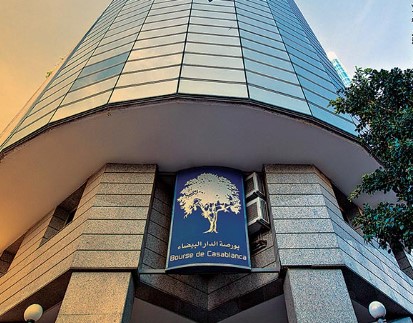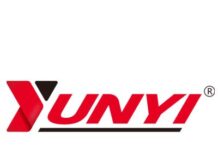
Morocco is set to elevate its capital market infrastructure with the introduction of futures contracts, a major milestone expected by the end of 2025. This initiative aims to solidify Casablanca’s position as a dynamic and attractive financial hub.
The reform will kick off with a futures contract linked to the MASI 20 Index, one of Casablanca Stock Exchange’s key benchmarks. The regulatory approval process for this contract is already underway, signaling a new era for Morocco’s capital market ecosystem.
This initiative is part of a broader market transformation that will integrate various components such as a spot market, a derivatives market, a central depository, and a clearinghouse.
The new futures market promises numerous benefits for financial institutions. It will provide effective risk management tools, enhance liquidity for various assets, and likely attract a new wave of both regional and international investors. These developments could position Morocco as a major financial player in Africa and beyond.
The legal framework under Law No. 42-12 allows for the introduction of three main categories of financial derivatives: futures contracts, options contracts, and swaps. The Moroccan Capital Market Authority (AMMC), which is spearheading the reform, has opted for a gradual rollout to ensure a controlled implementation process.
Acknowledging the complexity of derivatives, the AMMC is emphasizing education and capacity-building efforts. In partnership with the U.S.-based Commodity Futures Trading Commission (CFTC), a specialized training program has been developed to equip market participants with the necessary regulatory and operational skills.
Meanwhile, the AMMC is already processing applications from potential trading and clearing members, with approvals expected soon.
In parallel, the AMMC plans a comprehensive overhaul of the regulatory framework for Collective Investment Schemes (OPCVM) in 2025. The updated legislation will strengthen investor protection by requiring management firms to obtain regulatory approval and by introducing new tools to better manage liquidity risks.
The reform will also diversify investment options through the creation of new fund categories. These will include Exchange-Traded Funds (ETFs), foreign currency-based funds, Islamic-compliant funds, and specialized funds aimed at qualified investors.
Securitization is another focal point for 2025. A forthcoming study will explore the market potential for securitization instruments, aiming to stimulate their development within a secure regulatory environment. This initiative seeks to align Morocco’s regulations with international standards while meeting the needs of local economic operators.
With these ambitious reforms, the AMMC is determined to propel Morocco to the forefront of innovative and secure financial markets. By enhancing competitiveness and modernizing its market infrastructure, Morocco is poised to become a beacon of financial leadership in Africa.




